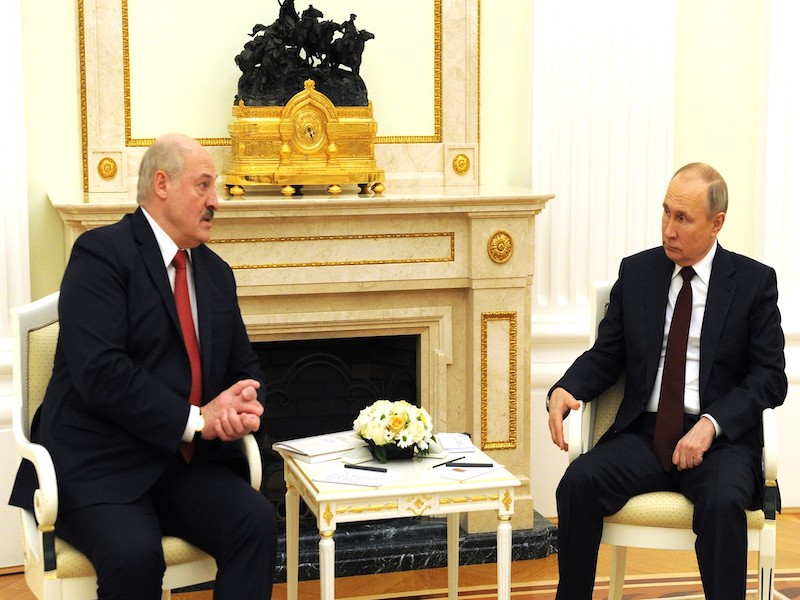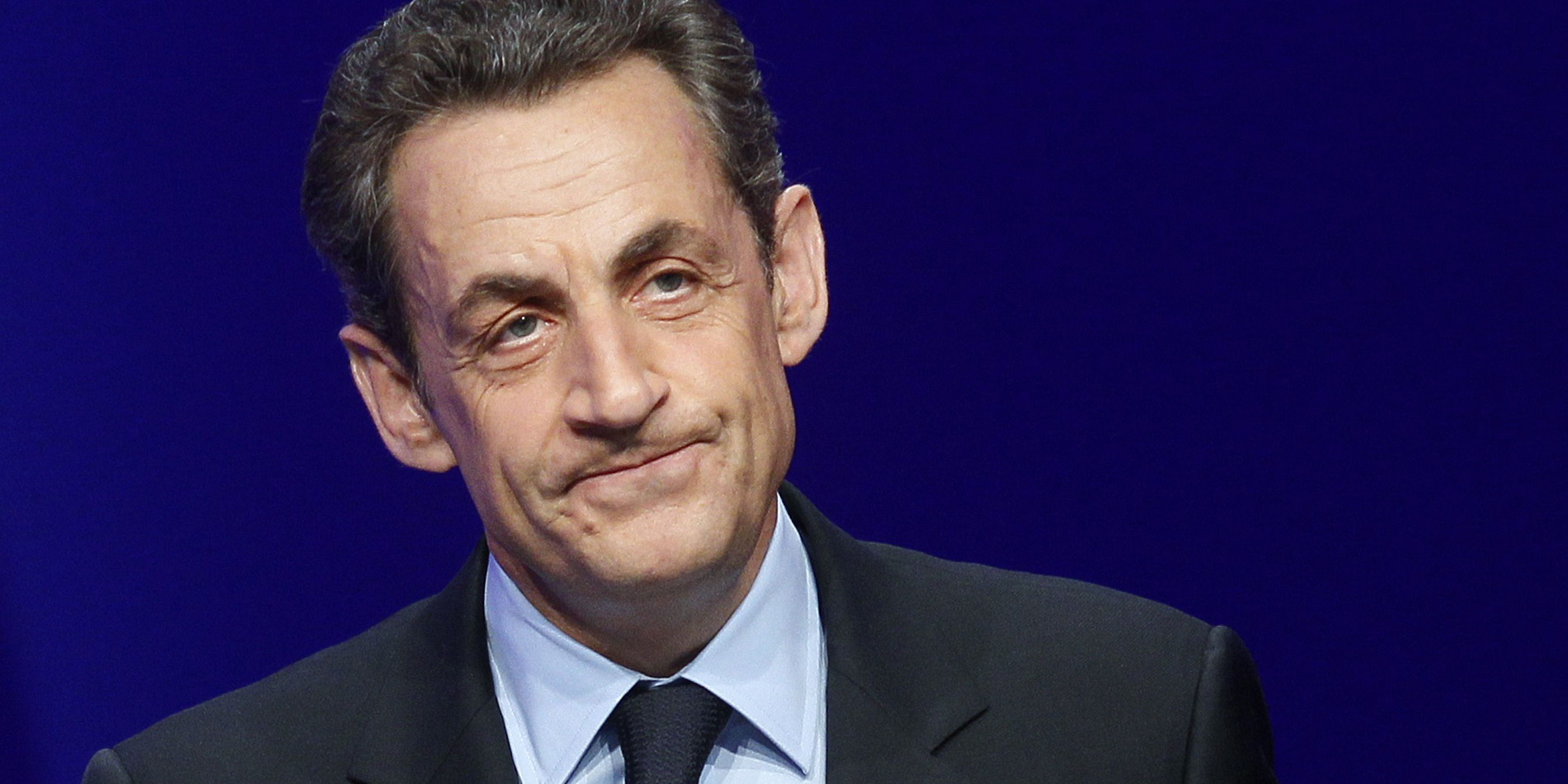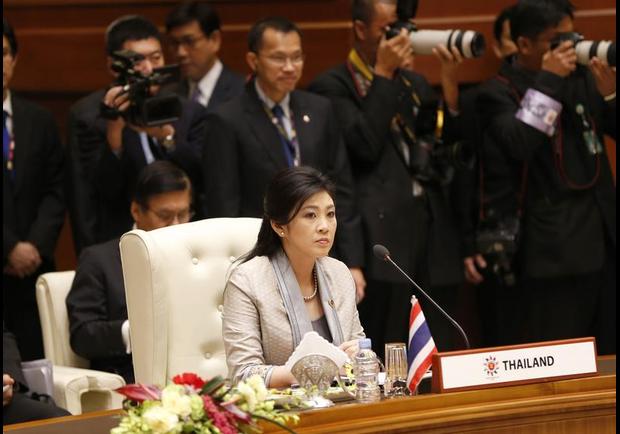On May 23, 2021, Belarusian authorities diverted a Ryanair flight transiting through Belarusian airspace from Athens to Vilnius to Minsk under the pretext of a bomb threat on board. Upon landing, two of the flight’s passengers, the dissident journalist Roman Protasevich and his partner Sofia Sapega were arrested on national security charges, prompting a wave of condemnation and threats of increased sanctions from the West. This incident has further damaged relations between Belarus and the West, already strained by the Western response to the fallout of the controversial 2020 Belarusian presidential elections. Belarus’ damaged relationship to the West has brought about further rapprochement with their closest ally, Russia – a position which may ultimately come to pose a threat to Belarusian sovereignty.
The diversion of the Ryanair flight is being criticized as a contrivance to cover the arrest of Roman Protasevich, a dissident journalist with a long history of involvement in the Belarusian opposition movement. Protasevich’s arrest stems from his role as former editor-in-chief of the network of Poland-based Telegram channels Nexta, which have become a popular information hub for the growing protest movement voicing opposition to Belarus’ long-time president, Alexander Lukashenko. As an encrypted platform, Telegram provides an accessible channel for subscribers to communicate news and events to the editors, and was able to stay online throughout the internet service blackouts at the height of the election protests in 2020. Because of Nexta’s role in the protests, Protasevich has been charged with helping to organize mass unrest in Minsk, a charge to which he confessed in a video statement released by authorities, although poorly-concealed bruising on his face has prompted fears from his family and colleagues that the confession was made under torture. Sofia Sapega, Protasevich’s partner and a Russian national, has also been arrested and appeared in a similar videotaped confession, stating her guilt for operating a Telegram channel which illegally published the personal details of officers in the Belarusian police and security services. Sapega’s friends and family have alleged this confession may have been similarly coerced, given her minimal connection to Belarus other than through her relationship to Roman Protasevich.
The arrests have come at a low point in the already difficult relationship between Belarus and Western countries, including Canada. Despite Belarus’ membership in the European Union’s Eastern Partnership Program, relations have been consistently strained by sanctions relating to the allegations of poor human rights and the flawed electoral fairness records of Lukashenko’s government. Canada began a project of reinvigorating diplomatic ties in 2016, but relations have again collapsed with the imposition of sanctions, alongside partners including the EU, United States and United Kingdom relating to the Belarusian government’s repression of protests against the 2020 election.
Condemnation for the diversion of the Ryanair flight and Protasevich’s arrest came with strong language from Western officials, with the incident branded by NATO Secretary General Jens Stoltenberg as a “state hijacking” of the flight. As a result of the incident, the European Union has officially barred Belarus’ state-operated airline from operating in its airspace or selling seats on EU bound planes operated by partner airlines. New safety guidelines advise EU carriers to avoid Belarusian airspace. Further to the air travel restrictions, the EU have promised further sanctions against Belarus. Canada is currently examining a similar expansion of its own sanctions regime– a move supported by exiled Belarusian opposition leader Sviatlana Tsikhanouskaya, who has expressed concern that without extensive international pressure on Belarus’ government, Roman Protasevich may face execution for the charges against him as efforts continue to repress the opposition.
BELTA, the Belarusian state media agency, reported the incident on the day it occurred, crediting President Lukashenko with personally issuing the order for the plane to be brought in to Minsk after receiving the threat of a bomb on board. A pro-government Telegram channel is quoted extensively in the story praising the President’s order to “accept” the endangered flight at the Minsk National Airport as being an apolitical act in the name of regional security and the safety of the passengers on board the flight. President Lukashenko himself did not comment on the affair until May 26, when he responded forcefully to foreign leaders’ protests and promises of further sanctions, calling them an attack on Belarus after a necessary action to protect both human lives and Belarusian national security. He protested the sanctions as an act of “hybrid warfare,” accusing the West of using his country to test techniques that could be used in the future against Belarusian ally, Russia.
In response to Lukashenko’s speech, Russian President Vladimir Putin’s spokesman Dmitry Peskov was quoted as saying “The Kremlin sees no reason not to trust statements from the leadership of Belarus.” President Putin has also expressed support for Lukashenko, agreeing with him that Western responses to the crisis constitute an “outburst of emotion.” Russia’s support for Belarus may, however, come at a cost to its ally. A core element of the relationship between the two countries is the 1999 Treaty on the Establishment of the Union State which envisions a federation between the states. While the nations would retain sovereignty, they would also pursue a single economy and legal system as well as taking a united approach to key areas including foreign policy, defense, and security. Despite the two countries’ close relationship, progress toward the unity envisioned by the treaty has been slow since the treaty’s ratification.
In the wake of the 2014 Russian annexation of Crimea, President Lukashenko criticized the method of the annexation for setting a “bad precedent”. Though the comment did not cause a formal rift, it represented the start of a campaign to assert Belarus’ unique language and national identity, and seeking some measure of distance from the Kremlin. Lukashenko refused to authorize the establishment of a Russian military airbase in Belarus in 2015 while attempting to improve ties with the West. Ahead of a 2019 round of personal negotiations between presidents Putin and Lukashenko aimed at resolving trade issues and furthering integration between the two countries along the lines set out in the Union State Treaty, Russian foreign Minister Sergey Lavrov described the action as disappointing but ultimately not damaging to the alliance between Russia and Belarus. In the aftermath of the unsuccessful talks, President Lukashenko accused his Russian counterpart of seeking to leverage integration measures with the goal of dissolving Belarus into Russia. Regardless of his prior concern, President Lukashenko’s most aggressive crackdown to date against his political opponents and their supporters in Belarusian society at large has left his country more isolated from its Western neighbours than before. The rhetoric used by Lukashenko in his response to Western outrage over his government’s recent actions indicates he no longer sees the West as a reliable partner, making future cooperation unlikely. This places an even higher importance on Belarus’ longstanding alliance with Russia as a vital avenue for trade and political support on the international stage, a support that comes with a greater leverage over a vulnerable Belarusian state.
Image copyright: Meeting of Vladimir Putin and Alexander Lukashenko 02 (22-04-2021), by The Presidential Press and Information Office (www.kremlin.ru) via Wikimedia Commons. Licensed under CC BY 4.0
Disclaimer: Any views or opinions expressed in articles are solely those of the authors and do not necessarily represent the views of the NATO Association of Canada.



